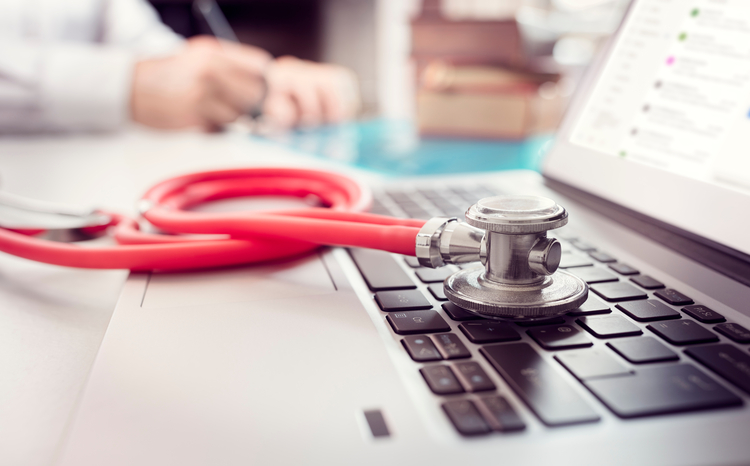Eighty per cent of European GPs using e-records
- 28 April 2008
A new Europe-wide survey on e-health has found that 87% of European GPs now use a computer, 80% of whom are using electronic patient records.
The survey, which involved almost 7,000 General Practitioners, was carried out in late 2007. It examines issues including how European GPs store and send patients’ data such as lab reports electronically.
Results showed that e-health applications have a growing role in doctors’ practices, but there remain significant differences in their availability and use across Europe.
The survey found that around 70% of European doctors use the internet and 66% use computers for consultations.
Additionally, there were wide differences across countries. Denmark has the highest broadband penetration among GPs (91%), whilst Romania had the lowest (about 5%).
“Europe is starting to reap the benefits of broadband connections in the e-Health Sector. I welcome the efforts made by healthcare administrations and doctors to work more efficiently," said Viviane Reding, EU Commissioner for Information Society and Media.
“This diagnosis also shows that it is now time to use these electronic services much more widely as they have the potential to bring extraordinary benefits to all patients, all over Europe.”
Of those using computers, administrative patient data is electronically stored in 80% of general practices. Of these, 92% also electronically store medical data on diagnoses and medication and 35% electronically store radiological images.
European doctors often transfer data electronically with laboratories (40%), but less to other health centres (10%).
The survey also highlights areas for improvement and further deployment, such as electronic prescriptions, which is practiced by only 6% of EU GPs. Only three member states use this facility at present: Denmark (97%), the Netherlands (71%) and Sweden (81%).
Elsewhere, telemonitoring, is only used widely in Sweden (where 9% of doctors provide telemonitoring services), followed by the Netherlands and Iceland (both at about 3% use).
Exchange of patient data across borders was found to be rare, done by only 1% of the EU’s GPs, with the highest usage rate in the Netherlands at 5%.
As a result of these low levels of transfers, the Commission plans to make recommendations on cross-border interoperability of electronic health record systems. In addition the Commission will partner with several countries to launch a project on cross-border e-Health services for patients traveling within the EU.
The survey found that a majority of European doctors agree that ICT improves the quality of healthcare services that they provide, whilst those not using ICT cite a lack of training and technical support as major barriers.
To extend the use of e-health, they ask for more ICT in medical education, more training and better electronic networking among healthcare practitioners wanting to share clinical information.
The survey also reveals that the countries most advanced in ICT access and connectivity are more likely to use them for professional purposes, such as Denmark, where high-speed internet is most widely available in Europe, who see extensive use of email communication between doctors and patients in about 60% of practices.




